Quetta: Where mountains greet with gratitude
Take a whimsical journey from dawn to dusk through the valley’s most indelible treasures
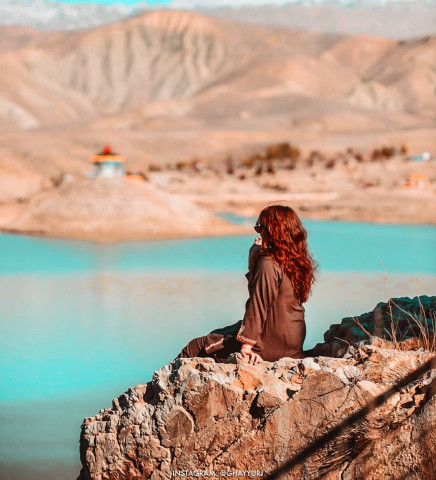
Quetta indeed seems to be cradled by a natural fort with imposing yet magnificent hills on all sides. PHOTO: GHAYYUR JADOON
Three large, craggy mountains - Chiltan, Zarghun and Koh-e-Murdar - brood upon the city, as if they are watching over the hustle and bustle of daily life. It’s a vital city due to its proximity to Iran and Afghanistan borders.
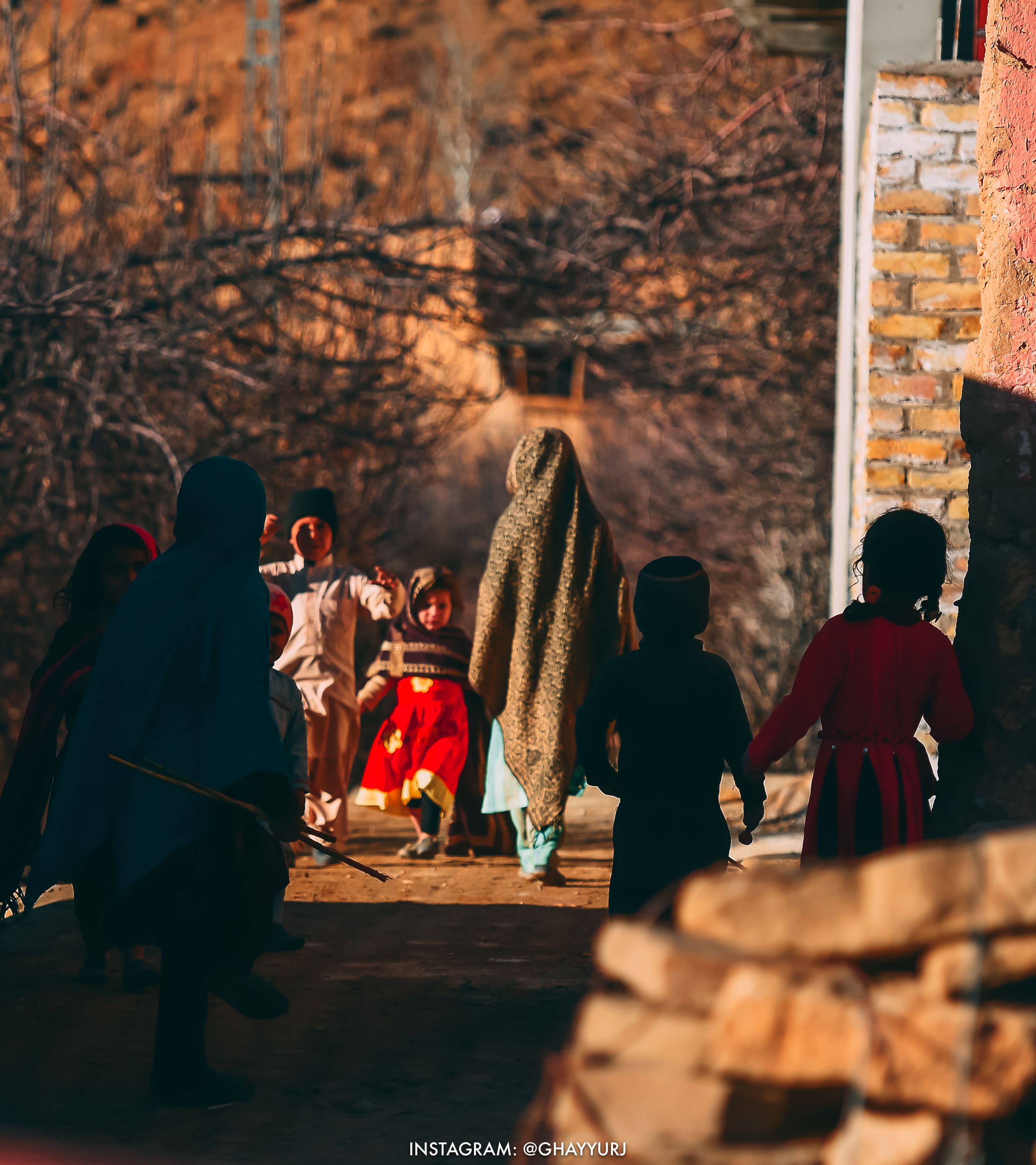 PHOTO: GHAYYUR JADOON
PHOTO: GHAYYUR JADOONUsually under the radar for sectarian violence, the area has started to recover once more, with curious onlookers willing to experience the melting pot of cultures that reside there. Quetta is predominantly a Pashtun dominated city, followed by Balochs, whereas Hazaras, Uzbeks, Tajiks, Punjabis and the Urdu speaking (Mohaijrs) also mingle within valley’s vale.
Daytime splendour at Hanna Lake
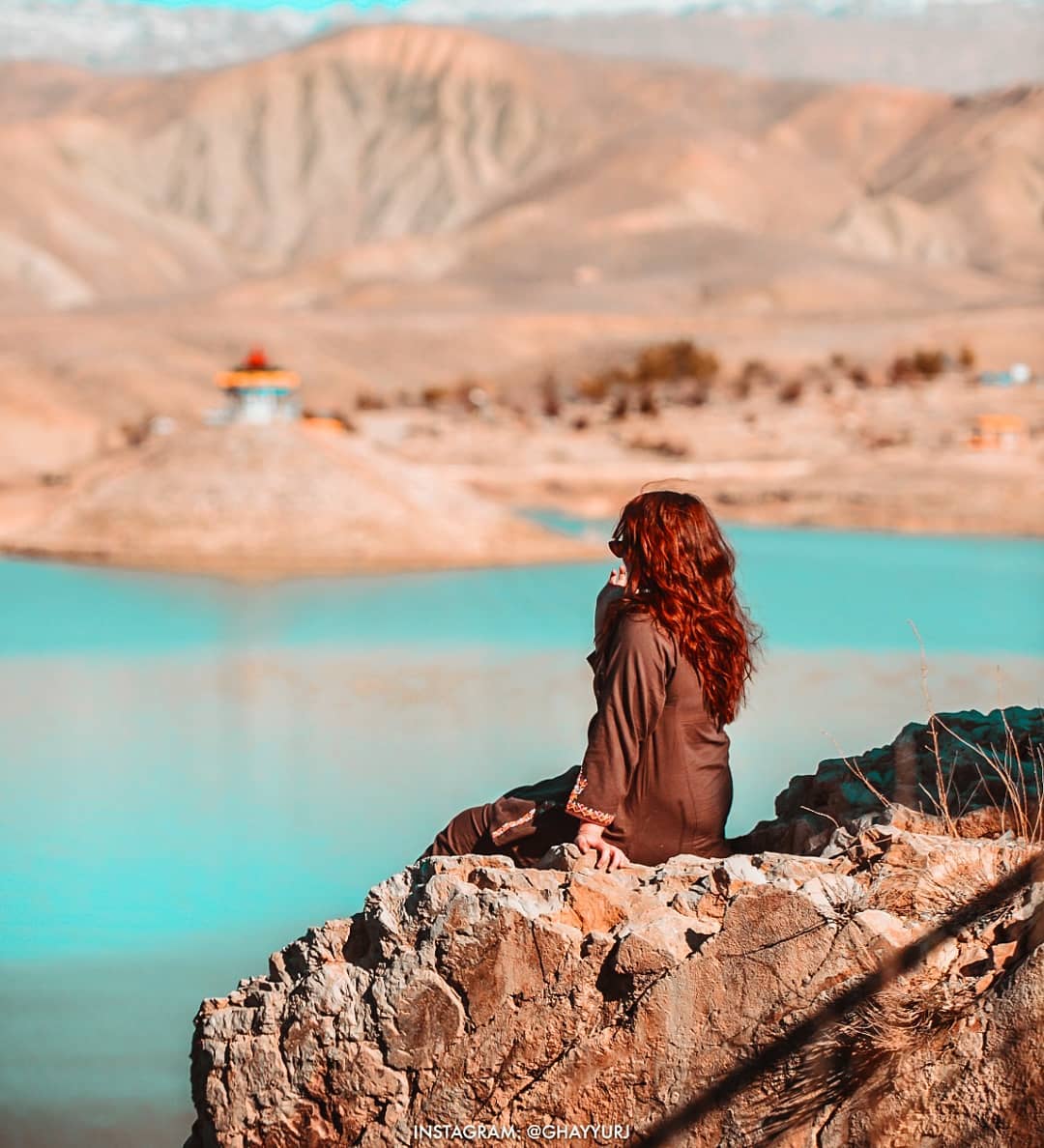 PHOTO: GHAYYUR JADOON
PHOTO: GHAYYUR JADOONStill, navigating around the city can get a little difficult. If you plan to take a day trip, the best thing to do while the sun is up is visit the whimsical Hanna Lake; often regarded as the top tourist destination in Quetta.
Easily accessible at just 17 kilometres away from the centre of the city, Hanna Lake lies nestled away in the midst of the mountains close to Urak Valley. Over a century old, built by the British in 1904, the lake spread over an area of 818 acres with a holding capacity of over 220 million gallons of water and a depth of 49 feet.
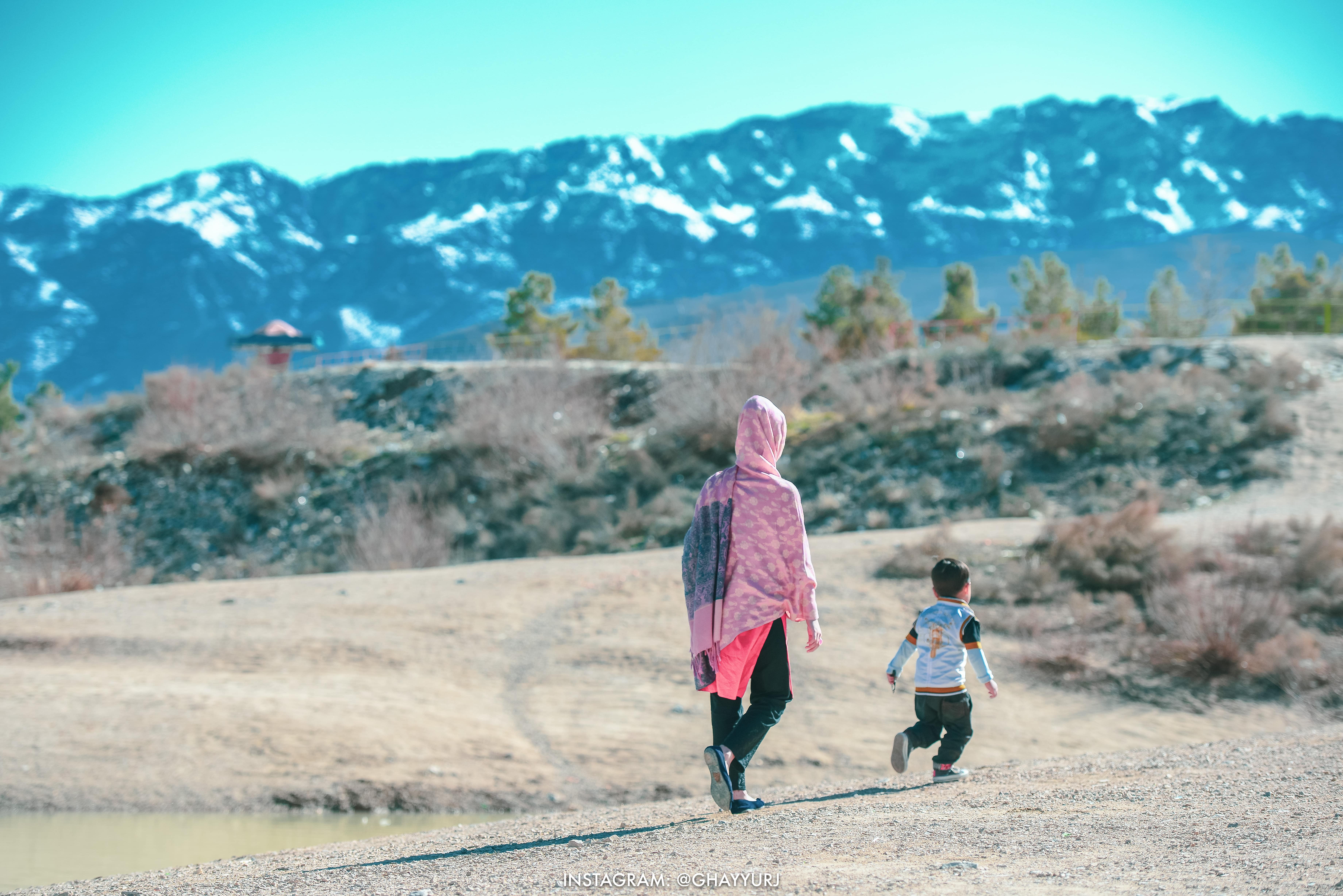 PHOTO: GHAYYUR JADOON
PHOTO: GHAYYUR JADOONIt was originally constructed to combat a lack of water in the area by conserving and re-charging the Karezes (an ancient irrigation system) through springs located within the nearby mountains and to provide aqua for agricultural purposes.
Till a few years back the reservoir had almost dried up due to drought-like conditions. Many fish died and the birds migrating from Siberia flew elsewhere. However, recent showers have revived the beauty of Hanna Lake; attracting a large number of nearby residents and tourists once more.
The revival of Quetta’s top tourist destination
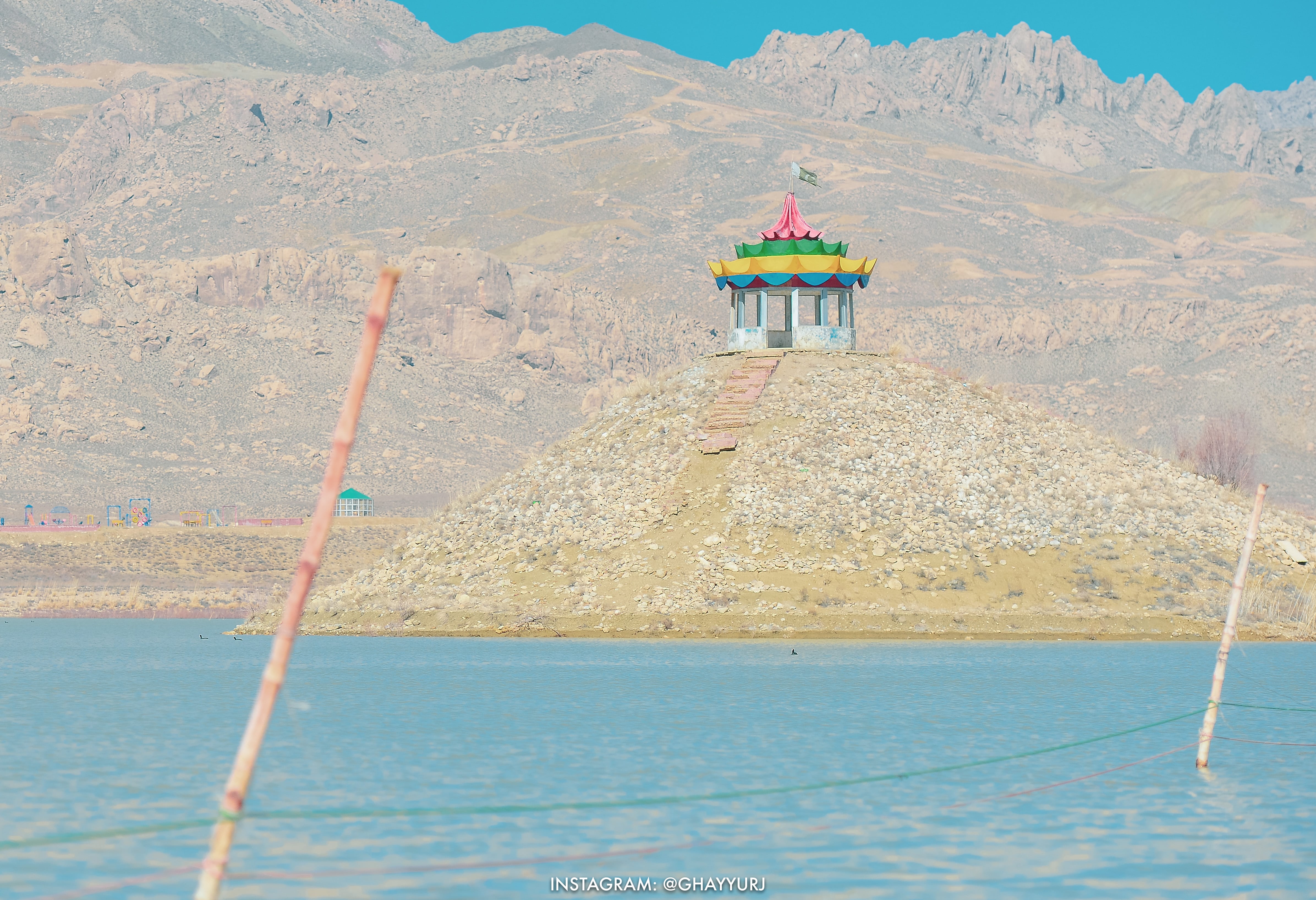 PHOTO: GHAYYUR JADOON
PHOTO: GHAYYUR JADOONHanna Lake is a great daytime spot for everyone, boasting amazing views with picnic tables for families to enjoy the food and weather. You can also go on a boat ride to fully appreciate the turquoise water of the lake, providing a rich contrast to the sandy brown of the hills in the background.
Locals believe tourism is resuscitating the area now that the lake has been restored. Small shops and restaurants have also sprung up to cater to the growing number of visitors. In fact, till the late 80s, water sports including rafting, kayaking, canoeing, rowing and boating used to be a regular event in Quetta.
These competitions were an annual attraction at Hanna Lake, held every year March to November before the winter season. And then the lake went through such a dry spell that more than a few have learned to drive in this pit.
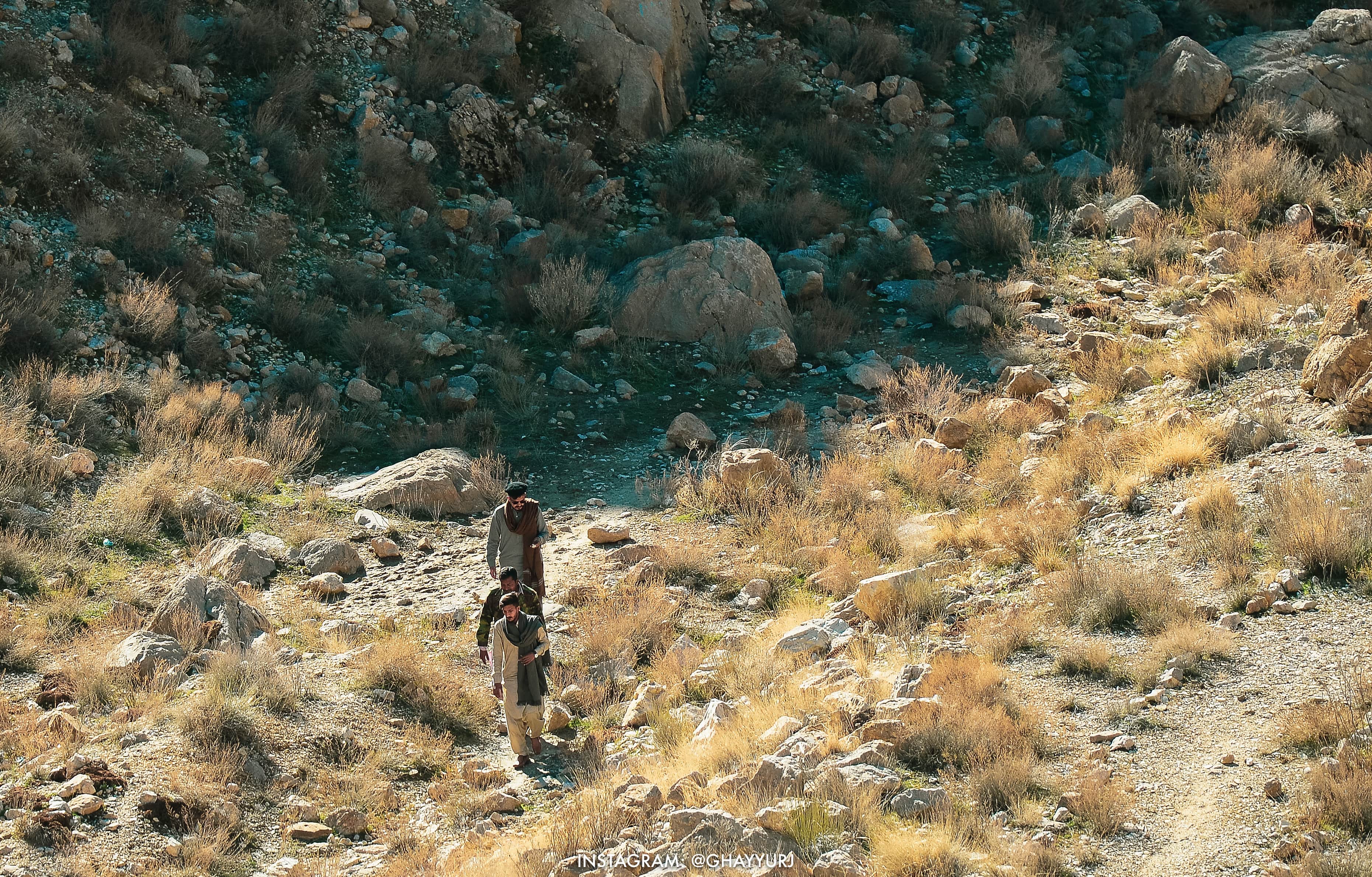 PHOTO: GHAYYUR JADOON
PHOTO: GHAYYUR JADOONA stroll around the lake’s premises will give you a panoramic view of the mountainous splendour. Gaze down from one viewpoint on the opposite side of Hanna and you see deep gorges of the mountainside. People often venture down the ragged, uneven rocks to admire the spectacle, but don’t try yourself unless you are a skilled hiker or mountaineer! While you’re on your excursion be sure to not create any hassle for the wandering nomadic tribes.
The Pakistan flag pitched from the top of an island in the middle of Hanna Lake completes the landscape. Flying magnificently in the slight, balmy breeze, it works like a testament to the outstanding natural beauty the country holds.
Witness a surreal sunset in Marriabad
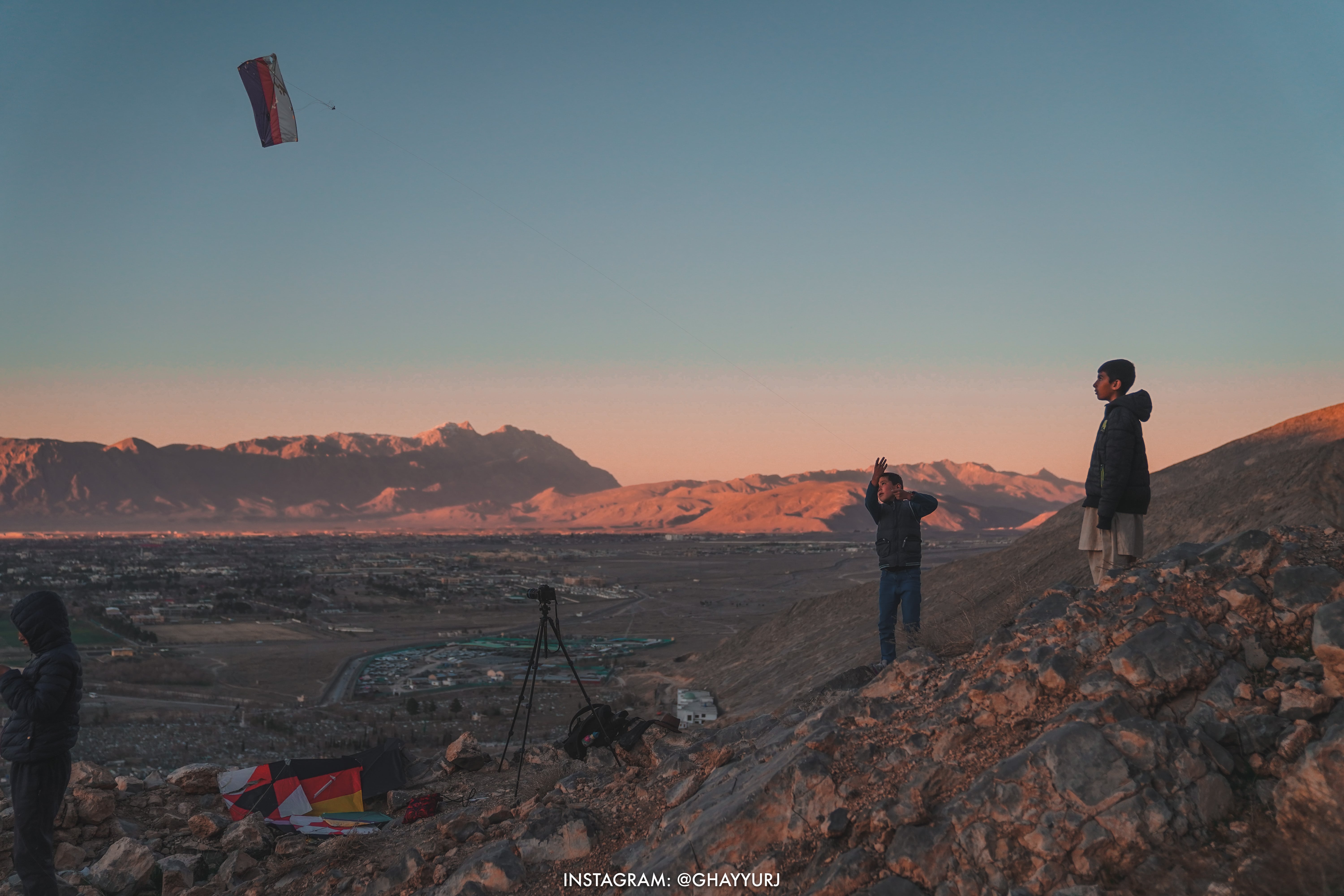 PHOTO: GHAYYUR JADOON
PHOTO: GHAYYUR JADOONYour trip to Quetta doesn’t end at Hanna Lake. Quetta still holds many mystical secrets, almost bedazzling the mind and heart, layer by layer. One such mesmerising spectacle is Marriabad, the inner eastern suburb of the city and home to the Hazara community.
Following the Second Anglo-Afghan War, the first Hazaras came to Quetta to seek employment in British-run companies under the Raj. They are thought to have worked building roads on the Bolan Pass railway as well as enlisting in the British Army of United India.
Travel to Ziarat: Where the night is brighter than the day
The Hazara community is known for boasting the ideal combination of academic excellence and being amazing at sports. Many of the girls and women are exceptional in combat sports such as Judo Karate. A 19-year old girl at the time, Nargis Hameedullah, became the first Pakistani to bag a medal in Karate Asian Games in 2018. Various individuals from community have also trekked to K2 base camp.
Walking through Marriabad’s mountainside, it’s almost like you are transported to another world completely different from Quetta. The scents, surroundings and even the air seem to have a voice of its own. Walking through the modest, intricate streets with little secret roads everywhere you turn, invokes a sense of humbleness, as if Marriabad holds a very special story of its own.
Spellbinding kite running on the mountain tops
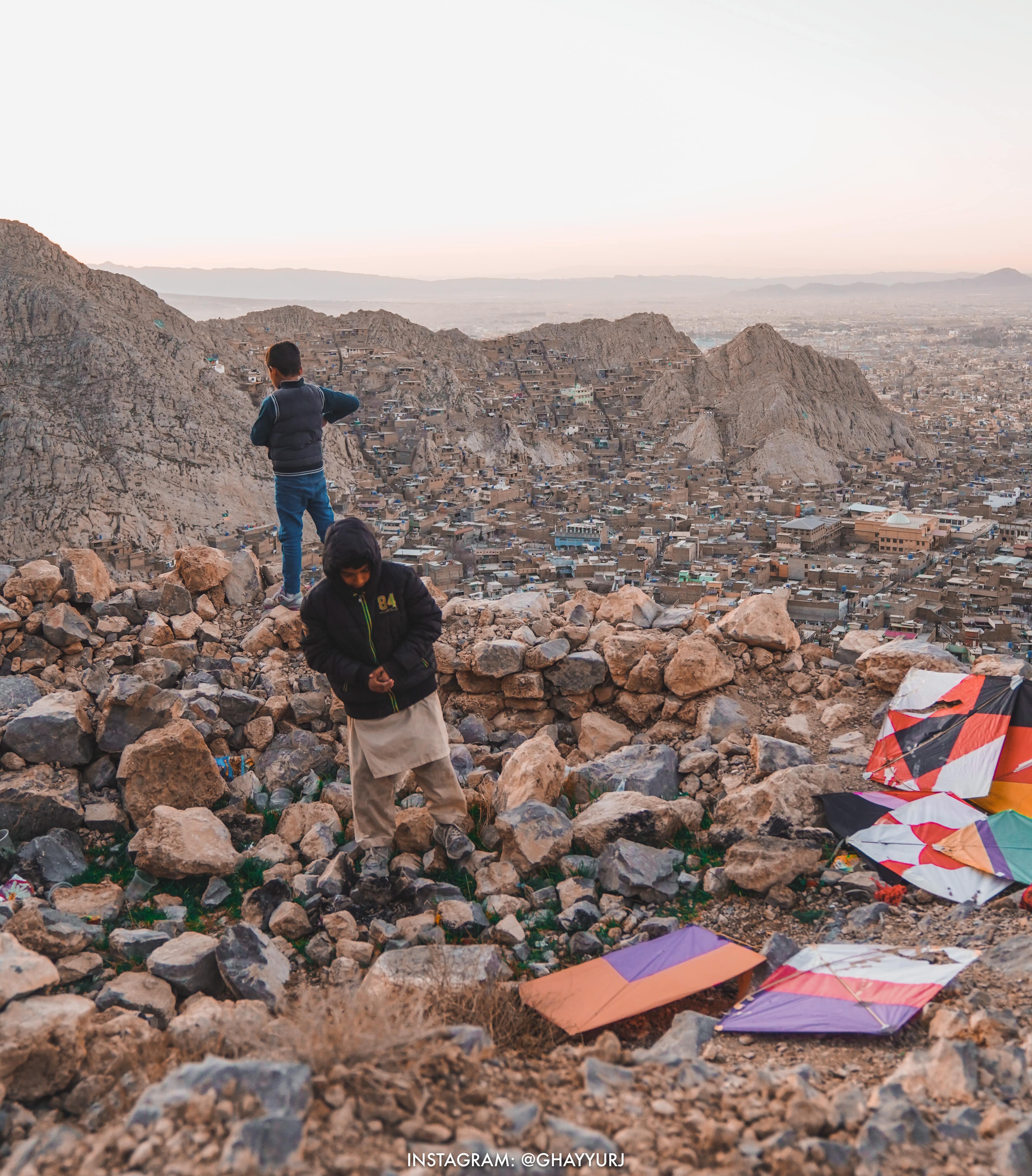 PHOTO: GHAYYUR JADOON
PHOTO: GHAYYUR JADOONIf you walk about half an hour uphill through steep steps and rocks you’ll reach a spellbinding view-point from the east, south and north. If you’re lucky, you’ll see Hazara children fly kites over a hypnotising sunset. Watch the glowing pink sunset while the colourful kites fly smoothly in the sky until the sun dims into the horizon.
Marriabad’s glistening city lights are seen clearly from above as dusk turns into twilight, like the last chapter of your day in Quetta is coming to a beautiful end. Or perhaps, a wonderful beginning, full of hope and promise for the new day ahead.
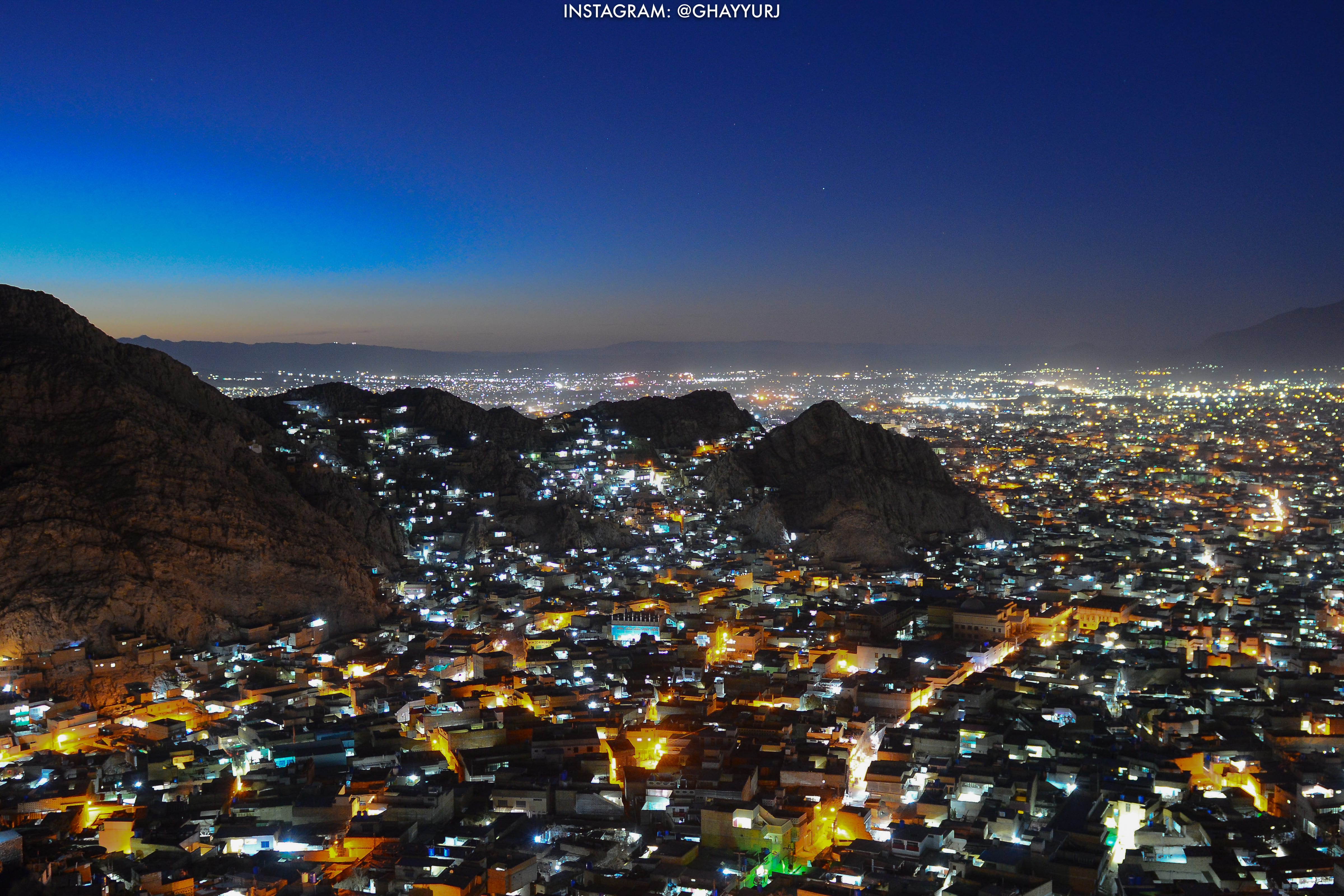 PHOTO: GHAYYUR JADOON
PHOTO: GHAYYUR JADOONWords simply cannot do justice to such an experience. As Rumi once said, “I closed my mouth and spoke to you in a hundred silent ways.”
Photography by Ghayyur Jadoon
This travelogue is published in collaboration with Find My Adventure. Click here to book a trip like this.
Have something to add to the story? Share it in the comments below.



















COMMENTS
Comments are moderated and generally will be posted if they are on-topic and not abusive.
For more information, please see our Comments FAQ